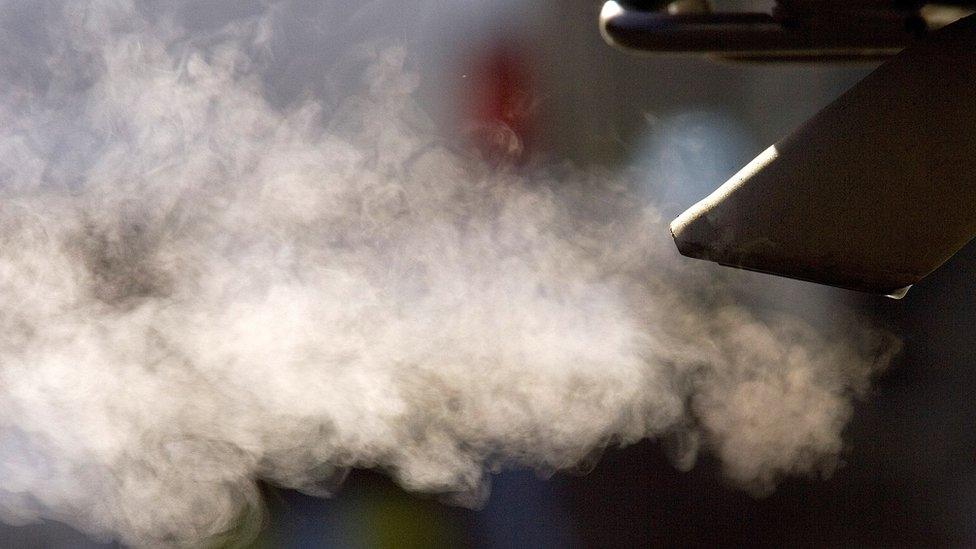Matthias Mueller named Volkswagen chief executive
- Published
Matthias Mueller: "We will have even stricter governance, compliance and standards, and I will vouch for that"
Matthias Mueller has been named as Volkswagen (VW)chief executive in the wake of the scandal of rigged emissions tests in diesel cars.
He succeeds Martin Winterkorn, who resigned on Wednesday.
VW, the biggest carmaker in the world, admitted cheating on emissions tests in the US.
The US Department of Justice (DoJ) told the BBC that it will join the US Environmental Protection Agency's (EPA) investigation into Volkswagen.
Some VW cars being sold in America had devices in diesel engines that could detect when they were being tested, changing the performance accordingly to improve results.
The DoJ said, "We take these allegations, and their potential implications for public health and air pollution in the United States, very seriously."
'No stone unturned'
Mr Mueller said restoring the company's reputation was his top priority: "My most urgent task is to win back trust for the Volkswagen Group - by leaving no stone unturned and with maximum transparency, as well as drawing the right conclusions from the current situation."
He also announced sweeping changes to the way the company was run, including handing greater autonomy to regional divisions.
He said he would tighten up procedures at the company: "At no point was the safety of our customers in danger. We will now have even stricter compliance. Our objective is that the people continue to use and drive our vehicles with confidence and pleasure. That's 80 million people driving our cars worldwide."

Volkswagen scandal
11 million
Vehicles affected worldwide
-
€6.5bn Set aside by VW
-
$18bn Potential fines
-
No. 1 Global carmaker in sales

The EPA's findings of the scandal cover 482,000 cars in the US only, including the VW-manufactured Audi A3, and the VW brands Jetta, Beetle, Golf and Passat.
But VW has admitted that about 11 million cars worldwide are fitted with the so-called "defeat device" - 2.8 million cars in Germany - and further costly recalls and refits are possible.
Half of the company's sales in Europe - VW's biggest market - are for diesel cars.
VW shares plunged around 30% in the days after the scandal broke.
Transport authorities in several countries - including the UK and Germany - have announced their own investigations.
Earlier, acting VW chairman Berthold Huber apologised to customers, adding: "I want to be very clear, the manipulation of tests for diesel engines is a moral and political disaster".
The EPA said it would now conduct additional emissions tests on diesel cars.
"Today we are putting vehicle manufacturers on notice that our testing is going to include additional evaluation and tests designed to look for potential defeat devices," said Christopher Grundler, director of the EPA Office of Transportation & Air Quality.
"We're not going to tell them what these tests are. They don't need to know."
- Published25 September 2015

- Published25 September 2015
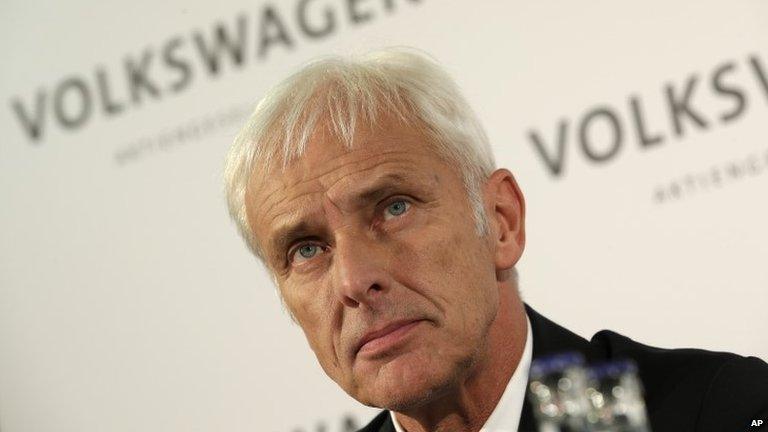
- Published2 October 2015
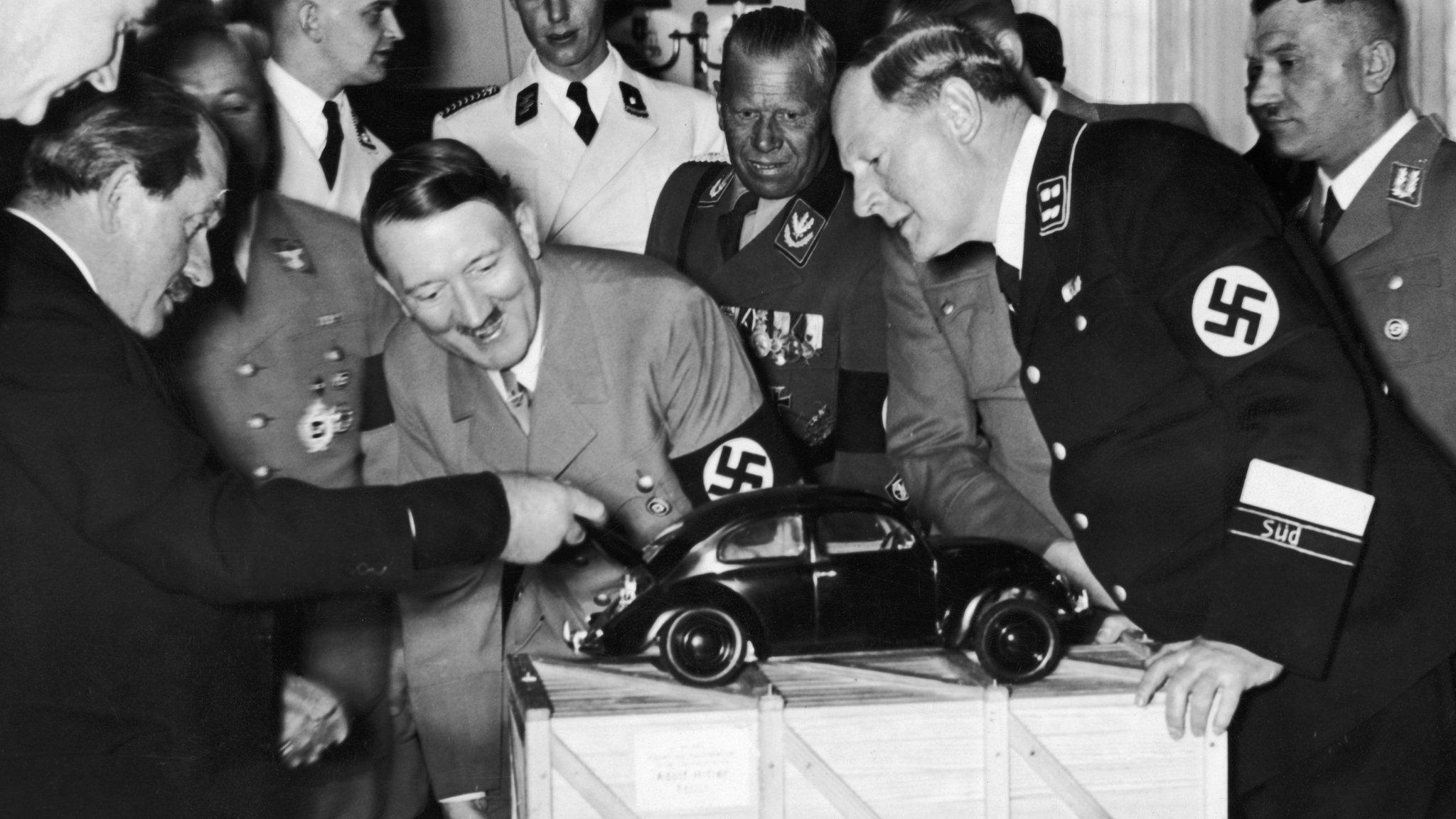
- Published10 December 2015
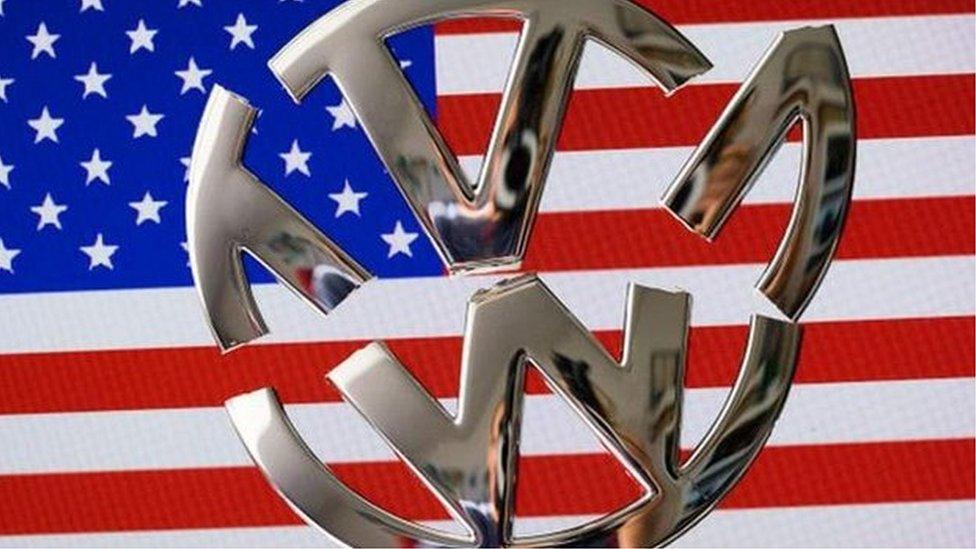
- Published25 September 2015
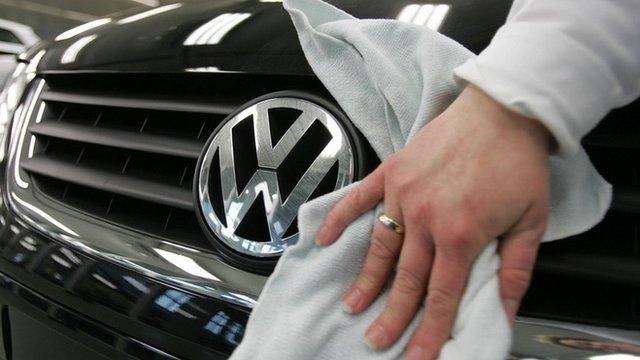
- Published4 November 2015
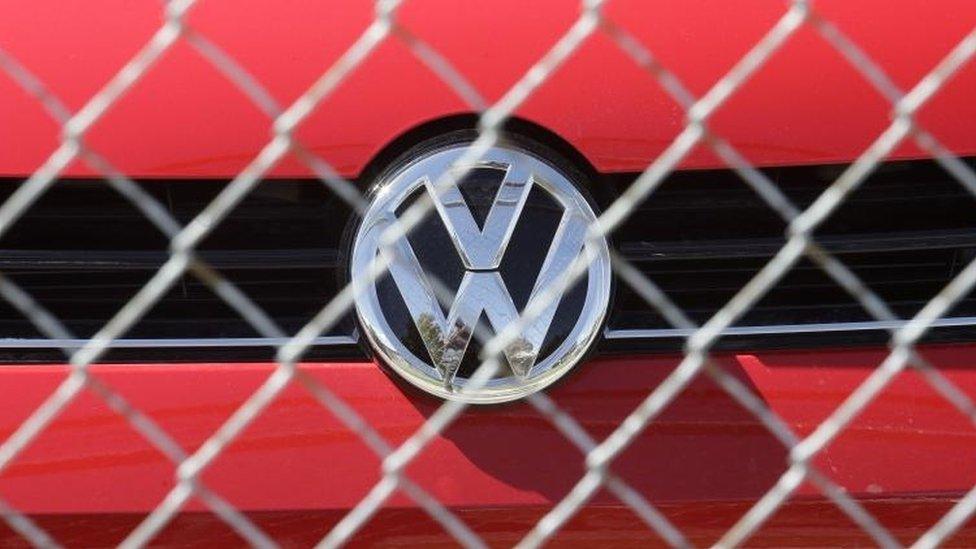
- Published24 September 2015
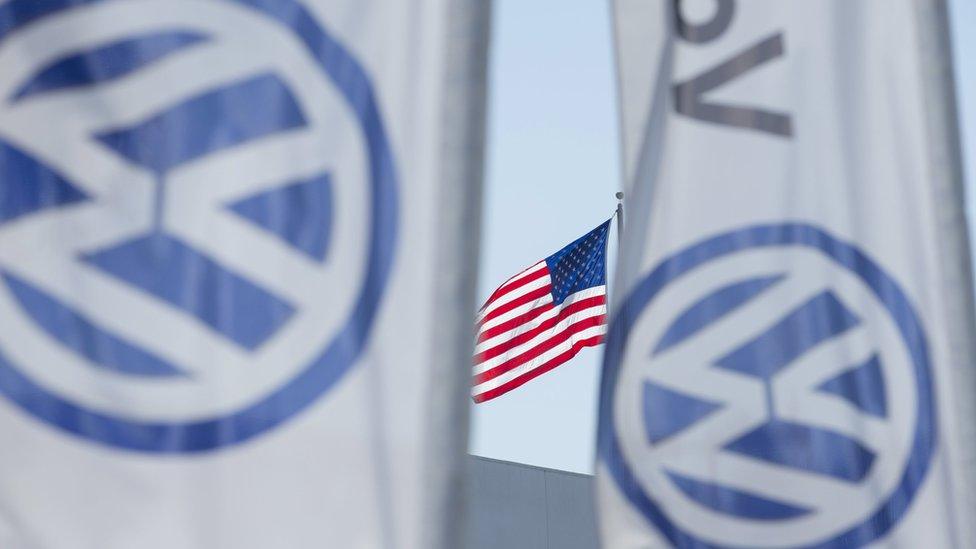
- Published24 September 2015
